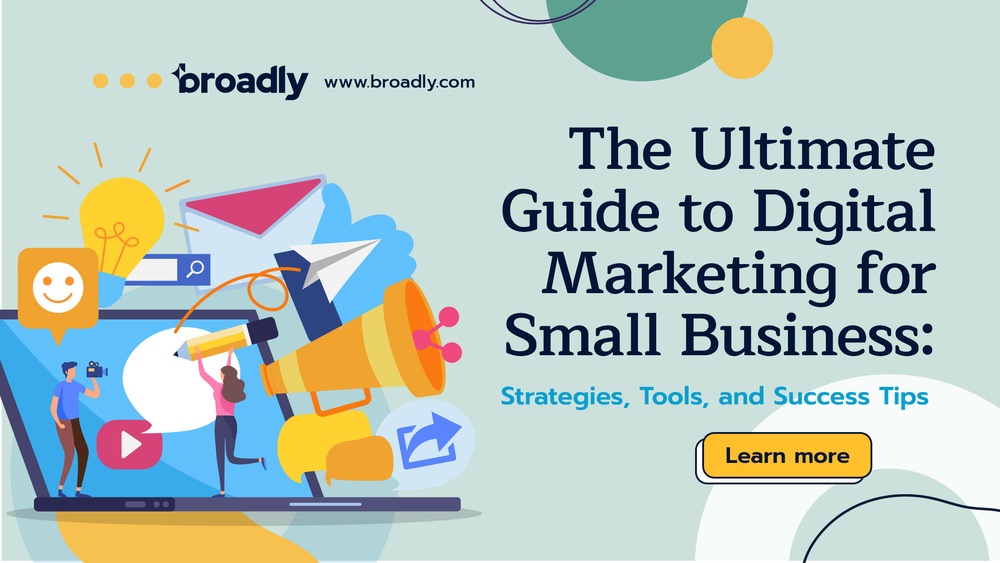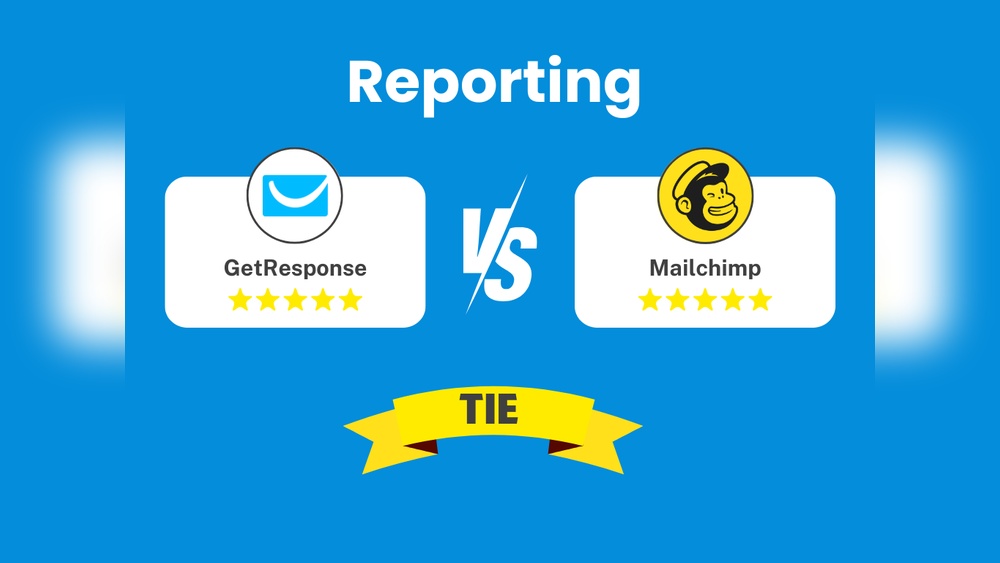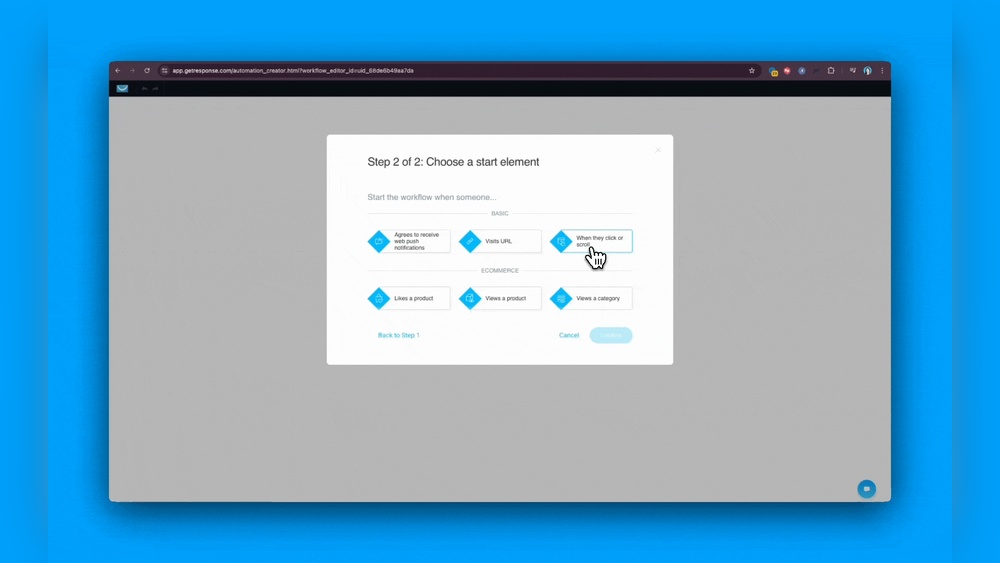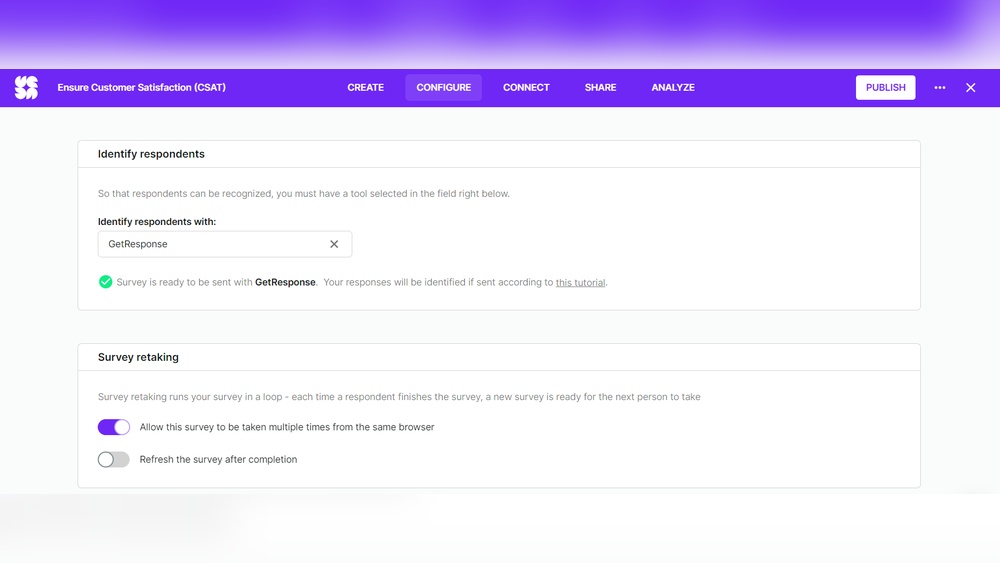Are you ready to take your small business to the next level? Digital marketing holds the key to reaching more customers, boosting your sales, and standing out in a crowded market.
But where do you start? This guide breaks down everything you need to know in simple, clear steps—no jargon, no confusion. Whether you want to build a strong online presence, master social media, or create campaigns that actually work, you’ll find practical tips that fit your budget and your goals.
Keep reading, and discover how to make digital marketing work for your business today.

Credit: rankvise.com
Digital Marketing Basics
Digital marketing is essential for small businesses to grow online. It helps connect with customers using the internet. Understanding the basics of digital marketing sets a strong foundation. This guide covers key channels, goal setting, and identifying the target audience. These basics make marketing easier and more effective.
Key Channels For Small Business
Small businesses can use several digital marketing channels. Social media platforms like Facebook and Instagram help reach many users. Email marketing keeps customers informed about offers and news. Search engine optimization (SEO) improves website visibility on Google. Pay-per-click (PPC) ads bring quick traffic to websites. Each channel serves a unique purpose and fits different budgets.
Setting Clear Goals
Clear goals guide all digital marketing efforts. Goals should be specific, measurable, and realistic. Examples include increasing website visits or growing email subscribers. Setting goals helps track progress and adjust strategies. Without goals, marketing efforts may become unfocused and waste resources.
Identifying Your Target Audience
Knowing the target audience improves marketing success. Define who your ideal customers are by age, location, and interests. Understanding their needs and problems helps create relevant messages. Targeting the right audience saves money and increases sales chances. Research tools and surveys provide valuable audience insights.
Building Your Online Presence
Building your online presence is essential for small business growth. It helps customers find your brand easily. A strong online presence builds trust and improves sales. Focus on clear, simple steps that create real value. This section covers key ways to start and grow your presence online.
Creating A Professional Website
Your website is your digital storefront. Make it clean, easy to navigate, and fast to load. Use clear images and simple text to explain your products or services. Show contact information on every page. Add customer reviews to build trust. Keep the design consistent with your brand colors and logo. A professional website makes a good first impression.
Optimizing For Mobile Users
Many people use phones to browse online. Your site must look good on small screens. Use responsive design so content adjusts to any device. Buttons and links should be easy to tap. Avoid large files that slow loading times. Test your website on different phones and tablets. Mobile optimization keeps visitors longer and improves search rankings.
Leveraging Online Directories
Online directories list businesses by category and location. Register your business on popular sites like Google My Business, Yelp, and Bing Places. Provide accurate details such as address, phone number, and hours. Add photos and respond to customer reviews. Being listed helps customers find you in local searches. It also boosts your website’s authority and visibility.
Social Media Strategies
Social media is a powerful tool for small businesses. It helps build brand awareness and connect directly with customers. Using the right strategies can make your social media efforts more effective and save time. Focus on choosing platforms that fit your business, planning content, and engaging with followers.
Choosing The Right Platforms
Not all social media platforms work for every business. Find platforms where your audience spends time. For example, Instagram suits visual brands, while LinkedIn fits B2B companies. Start with one or two platforms to avoid spreading yourself too thin. Quality matters more than quantity in social media marketing.
Content Planning And Scheduling
Plan your posts ahead to keep your social media active. Create a content calendar with topics and posting dates. Use simple tools to schedule posts and save time. Mix different types of content like images, videos, and text. Consistency helps keep your audience interested and growing.
Engaging With Your Audience
Social media is a two-way street. Reply to comments and messages quickly. Ask questions to encourage interaction. Show appreciation for positive feedback and handle complaints politely. Engagement builds trust and keeps customers coming back to your business.

Credit: offers.hubspot.com
Content Marketing Tips
Content marketing is a key part of digital marketing for small businesses. It helps you reach your audience and build trust. Creating useful and interesting content can attract more visitors to your website. It also encourages people to share your brand with others. Focus on clear and simple messages that your customers will understand.
Effective content marketing uses different formats. Blog posts, videos, and emails work well. Each type has its own strengths. Use them to connect with your audience in various ways. Keep your content consistent and relevant to your business goals.
Blogging For Small Business
Blogging is a powerful way to share your expertise. Write posts that answer common customer questions. Use simple language and short sentences. This helps readers understand your message quickly. Include keywords naturally to improve search engine ranking. Post regularly to keep your audience engaged. Share your blog on social media to reach more people.
Using Video To Connect
Video content grabs attention and builds connections fast. Create short videos that show your products or services. Use videos to explain how things work or share customer stories. Keep videos under two minutes for better viewer retention. Add captions so people can watch without sound. Post videos on your website and social channels for best reach.
Email Marketing Essentials
Email marketing helps keep your customers informed and loyal. Send regular newsletters with updates and special offers. Personalize emails by using the recipient’s name. Make the message clear and focused on one topic. Use a strong call to action to guide readers. Test different subject lines to increase open rates. Keep your email list clean by removing inactive contacts.
Seo For Small Business
SEO is a key tool for small businesses to reach more customers online. It helps your website show up on search engines like Google. This brings more visitors who want your products or services.
Small businesses can use SEO to compete with bigger companies. The right approach improves your site’s visibility and drives steady traffic. Let’s explore the basics of SEO for small business success.
Keyword Research Basics
Start with finding the right keywords. These are the words people type when searching. Choose keywords that match your business and have good search volume. Use simple tools like Google Keyword Planner to find them. Focus on long-tail keywords that are more specific. They often bring better quality traffic.
On-page Optimization
On-page SEO means optimizing your website pages. Include your keywords in titles, headers, and content. Write clear and helpful descriptions for each page. Use short URLs that include keywords. Make sure your site loads fast and works well on phones. Good on-page SEO helps search engines understand your site better.
Building Quality Backlinks
Backlinks are links from other websites to yours. They show search engines your site is trustworthy. Try to get links from local businesses, blogs, or news sites. Create useful content that others want to share. Avoid buying links or using spammy tactics. Quality backlinks improve your site’s authority and ranking.
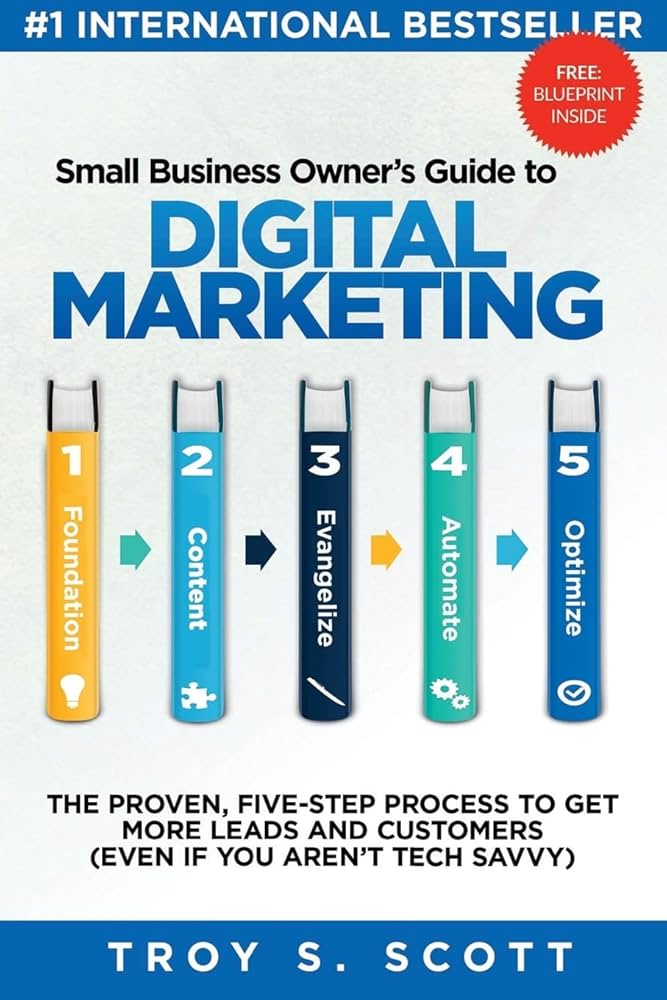
Credit: www.amazon.com
Paid Advertising Options
Paid advertising is a powerful way to reach more customers quickly. It helps small businesses show their products and services to people who want them. Choosing the right paid advertising option can boost your online presence and sales. Here are some popular choices to consider for your campaigns.
Google Ads For Beginners
Google Ads lets you place ads on Google search results and websites. You pay only when someone clicks your ad. Start by choosing keywords your customers use to search. Write clear and simple ads that match those keywords. Set a daily budget you feel comfortable spending. Monitor your ads to see which ones work best. Make changes to improve your results over time.
Social Media Advertising
Social media ads appear on platforms like Facebook, Instagram, and LinkedIn. These ads target users based on age, location, interests, and more. Create eye-catching images or videos to attract attention. Use short text that explains your offer clearly. Test different ad types to find what your audience likes. Social media ads help build brand awareness and drive website visits.
Budgeting Your Campaigns
Set a clear budget before starting any paid campaign. Decide how much you can spend daily or monthly. Divide your budget among different ads and platforms. Track spending and results regularly to avoid overspending. Focus on ads that bring the best return on investment. Adjust your budget based on what works and what does not.
Measuring Success
Measuring success in digital marketing helps small businesses see what works. It shows which efforts bring results and which do not. This knowledge saves money and time. It also guides future marketing decisions.
Tracking progress lets you improve your campaigns step by step. You learn about customer behavior and preferences. This makes your marketing more effective and focused on your target audience.
Tracking Key Metrics
Key metrics reveal how well your marketing performs. Focus on metrics like website traffic, conversion rate, and customer engagement. These numbers give clear insight into your marketing impact. Track sales, click-through rates, and social media shares too. Choose metrics that match your business goals.
Using Analytics Tools
Analytics tools collect and organize your marketing data. Google Analytics is popular and free for small businesses. It shows user activity on your site and traffic sources. Social media platforms also offer built-in analytics. Use these tools to monitor campaigns and audience behavior. They make complex data easy to understand.
Adjusting Strategies Based On Data
Data shows what needs change in your marketing plan. If a campaign underperforms, try different messages or channels. Increase budget on successful ads to boost results. Regularly review metrics and analytics reports. This helps you stay flexible and improve over time.
Tools And Resources
Digital marketing tools and resources help small businesses reach their audience efficiently. They simplify complex tasks and save time. Using the right tools can improve marketing results without high costs.
Many platforms offer affordable options designed for small business needs. Free tools support tasks from content creation to analytics. Learning channels provide guidance to enhance marketing skills.
Affordable Marketing Platforms
Small businesses can use budget-friendly platforms to run campaigns. Services like Mailchimp and Constant Contact offer plans starting under $20. These platforms include email marketing, social media scheduling, and reporting features. They provide easy-to-use interfaces that do not require advanced skills. Choosing a plan depends on business size and goals.
Free Tools For Small Business
Many free tools help create and manage digital marketing activities. Google Analytics tracks website traffic and user behavior. Canva allows easy design of social media posts and ads. Hootsuite offers free social media management for multiple accounts. These tools assist in boosting online presence without adding costs. Regular use of free tools builds marketing consistency and effectiveness.
Learning And Support Channels
Online courses and tutorials teach digital marketing basics. Websites like HubSpot Academy and Google Digital Garage provide free lessons. YouTube channels offer step-by-step guides and real examples. Community forums like Reddit’s r/DigitalMarketing allow users to ask questions. These channels help small business owners stay updated and solve problems quickly.
Frequently Asked Questions
What Is Digital Marketing For Small Businesses?
Digital marketing uses online tools to promote small businesses. It includes websites, social media, email, and SEO to reach customers effectively.
How Can Small Businesses Start Digital Marketing?
Begin with a professional website and social media presence. Use SEO and email marketing to attract and engage your target audience.
Why Is Seo Important For Small Business Marketing?
SEO improves your website’s visibility on search engines. Higher rankings drive more traffic and potential customers to your business.
What Social Media Platforms Suit Small Businesses Best?
Facebook, Instagram, and LinkedIn are ideal for small businesses. They offer targeted advertising and community engagement opportunities.
Conclusion
Digital marketing offers many ways to grow your small business. Start with simple steps like building a website and using social media. Keep your messages clear and reach customers where they spend time online. Track your results to see what works best.
Stay patient and consistent for steady growth. Digital marketing is a tool you can control and adapt as you learn. Small actions today can lead to bigger success tomorrow. Keep exploring and improving your digital efforts regularly.

